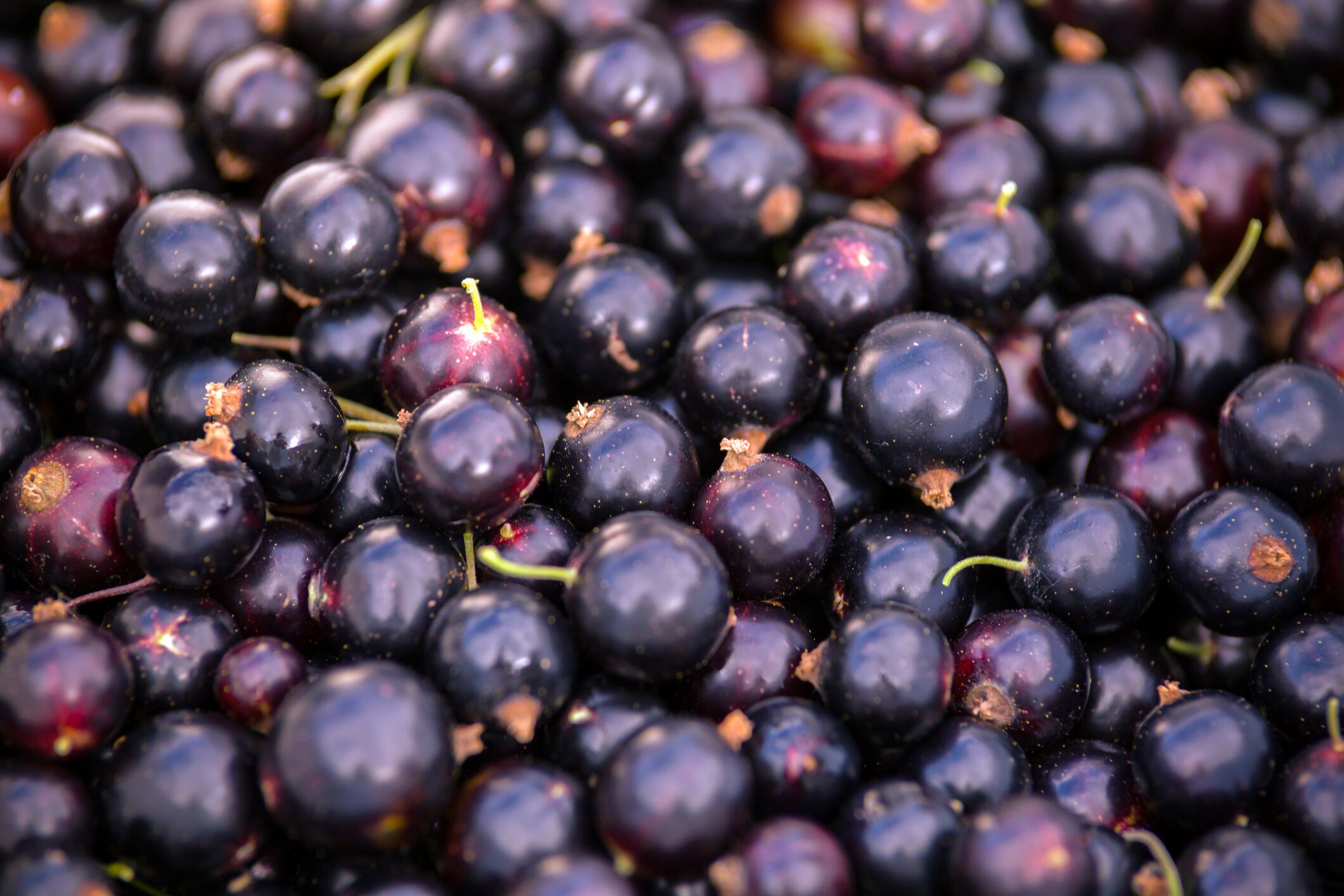LRS, which uses 90% of the blackcurrants grown in Britain to make the soft drink Ribena, has supported the Institute since 1991, investing over £10m ($12.7m) to improve the sustainability and quality of British blackcurrant crops.
Around 10,000 tonnes of blackcurrants are harvested from British fields each year to make Ribena.
Climate change, however, poses a threat to blackcurrant farming. The plants need a period of sustained cold weather in the winter, without which they yield less fruit and have a shorter lifespan. Meanwhile, the UK’s 10 hottest years on record have all occurred since 2002 while winters are getting gradually warmer.
LRS and the James Hutton Institute aim to develop varieties of blackcurrants that can cope with such changes. Their research will also seek out berries with high anthocyanin levels – which gives berries their purple colour - and search for varieties that are naturally more disease and pest resistant.
This partnership aligns with LRS’s Growing for Good vision which includes commitments to biodiversity and sustainability in line with the UN Sustainable Development Goal for Life on Land. Since 2004, LRS has worked with blackcurrant growers to put in place annual Biodiversity Action Plans which ensure the environment is protected as much as possible throughout their growing process. LRS has also partnered with the Farming & Wildlife Advisory Group to help tailor these plans to individual habitats found in and around the blackcurrant farms.
Blackcurrants have been bred at the James Hutton Institute since 1956 and now account for approximately half of the blackcurrants grown in the world. The varieties from this programme, probably the largest in the world, are are all named after Scottish mountains and have the 'Ben' prefix.
James Hutton Institute varieties have an estimated 95% market share in the UK, and for the last 30 years the majority of this crop has been used in the production of Ribena.

